
Why Take Ginkgo Biloba?
Why Take Ginkgo Biloba? As holistic healing becomes a growing trend, people look for herbs
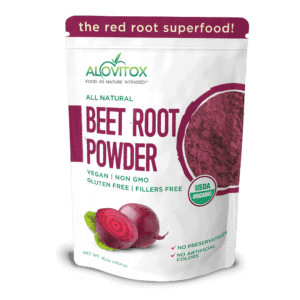

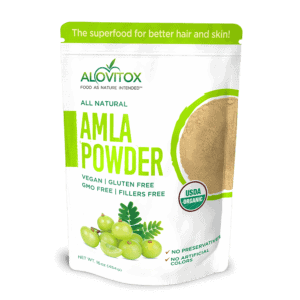
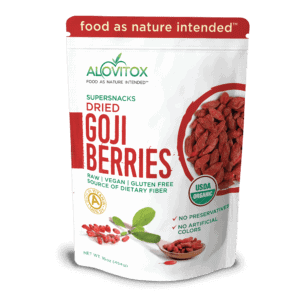
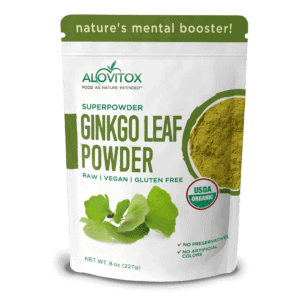
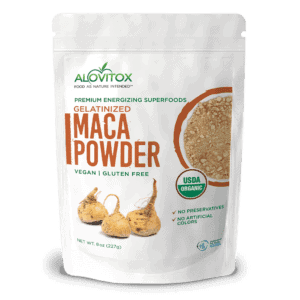
Bee pollen consists of a mixture of nectar, honey, flower pollen, enzymes, wax, and bee secretions that is quickly becoming popular due to being packed with healthy nutrients.
Bee pollen granules are field-gathered flower pollen, packed by worker honey-bees, and used as the primary food source for the hive.

Topics:
What is the origin of Matcha Tea?
What’s the difference between Ceremonial and Culinary Matcha Tea?
Does Matcha Tea Have Caffeine?
What Differentiates Matcha Tea From Other Tea Blends?
Is Matcha Tea Safe?
How Does Matcha Tea Affect the Body?
What Does Matcha Tea Taste Like?
Are Matcha and Green Tea the Same?
What Are Matcha Tea Side Effects?
Is Matcha Tea Good for Weight Loss?
Will Matcha Tea Lower Blood Pressure?
Does Matcha Tea Cause Headaches?
Can Matcha Tea Upset Your Stomach?
Answers:
Match Tea contains over 130 times more antioxidants and incredibly richer flavor than common green tea. Matcha tea contains two complimenting super ingredients, caffeine and L-theanine. Together, they further enhance mental performance and focus, as caffeine excites while l-theanine calms. The result is a beautiful paradoxical energized calm.
Matcha tea is also packed with a super antioxidant called EGCG. This antioxidant has shown the help with damaged DNA repair. Matcha Tea is derived from the ‘Camellia Sinensis’ plant that is native to Asia it is historically used by Buddhist monks during meditation practices.
What is the origin of Matcha Tea?
The origins of Matcha Tea date back to China’s Tang Dynasty but gained the most noteable level of popularity during the 1100s in Japan. The culture craved a true tea and created the powder from the leaves of the Camellia sinensis plant. However, what makes Matcha Tea unique is the production of the leaves. The process of production involves drying and fermenting leaves into a fine powder. And, the production of Matcha Tea powder is primarily cultivated along the southeastern border of Kyoto using the entire leaf of the plant, allowing for a higher concentration of nutrients and antioxidants
What’s the difference between Ceremonial and Culinary Matcha Tea?
Ceremonial Matcha tea are made from young leaves and are perfect f to be consumer straight as tea. Culinary grade Matcha tea is made from more mature leaves are perfect for a variety of drinks, baking and cooking.
You’ve probably seen a massive increase in matcha tea products in your health food and grocery stores. These products range from teas, lattes, snacks, and even desserts.
The reason for this explosion is that matcha tea contains many health-boosting properties that can’t be ignored. Matcha tea is filled with antioxidants, metabolism enhancers, and a wide variety of vitamins and minerals making it a great option to help improve your overall health.
Matcha tea is made from specific green tea leaf plants that undergo an involved process before harvesting and being ground into powder form. The plants are grown in the shade for 3 – 4 weeks prior to harvesting. This shading process allows the plant to produce more caffeine chlorophyll, and theanine, an amino acid known for its health benefits.
Only the finest tea leaves are harvested and then laid out flat to dry. Once the leaves are dry, they go through a delicate grinding process to ensure they maintain their healthiest components.
Does Matcha Tea Have Caffeine?
Yes, matcha tea does contain caffeine. An average 8 to 12-ounce serving of matcha tea will contain about 25 – 35 mg of caffeine where an average 8-ounce cup of coffee will contain about 95 mg.
What Differentiates Matcha Tea From Other Tea Blends?
The taste and production of the leaves when producing Matcha Tea are among some of the most differentiating factors. Even though Matcha Tea is a variety of Green Tea, how the leaves are grown makes a world of difference when compared to other varieties. During production, Matcha leaves and bushes are not exposed to sunlight approximately 30 days before the harvest. As a result, with an increase in chlorophyll levels, the leaves are more vibrant, darker and much more infused with amino acids. In addition, Matcha leaves that are ultimately ground into a fine powder, contain more antioxidants and caffeine than traditional green teas.
Similar to Matcha Tea, black tea does contain some nutrients and traces of caffeine. However, the primary difference is that Matcha Tea lacks the diverse set of side effects that are characteristic of black teas. Known as a superfood, too, Matcha Tea offers more benefits than side effects. Although minimal, Matcha Tea may produce possible constipation or stomach aches whereas an overabundance of black tea can produce side effects, such as anxiety, nervousness, frequent urination, headaches, nausea and vomiting, quickened breathing or ringing in the ears
Matcha tea is derived from the green tea leaf so it is very safe to consume. However, as with most foods, certain individuals may need to limit or abstain from using it. If you have a heart condition or other health concerns, you may want to check with your health professional before consuming.
How Does Matcha Tea Affect the Body?
Matcha tea contains many health-boosting properties including antioxidants, which are known to combat free radicals that can damage cells. It’s also shown to protect the liver, enhance brain function, reduce the risk of cancer, protect against heart disease, aid in weight loss, and improve energy.
What Does Matcha Tea Taste Like?
Matcha tea has an earthy and almost vegetable-like taste with a slightly sweet aftertaste. To avoid any bitterness, make sure aren’t purchasing a “café or culinary-grade” version that is normally used to color and flavor baked goods. Some people simply drink it by adding hot water and their desired sweetener. Others will add it to lattes or smoothies for an additional healthy boost.
Are Matcha and Green Tea the Same?
Matcha tea is made from the same plant as green tea but is processed differently. Green tea is typically sold in leaf form in tea bags. Matcha is tea leaves ground into a powder form making it much more of a concentrated blend than its green tea counterpart.
What Are Matcha Tea Side Effects?
Matcha tea is generally considered safe when consumed in moderate amounts. However, given that it does contain caffeine, it should not be used in excess for a healthy diet. It has been found to cause health issues when consumed in large quantities, so it’s essential to check with your doctor if you have any concerns.
Is Matcha Tea Good for Weight Loss?
The metabolism-boosting properties found in matcha can help improve your weight loss efforts. By speeding up your metabolism, you will likely have more energy and potentially burn more fat. It’s also been shown to help people reduce body weight and maintain weight loss.
Since matcha tea is a low-carb beverage, it is considered to be keto-friendly. That combined with its ability to assist with weight loss makes it ideal for those looking to super-charge their efforts. You will want to read the nutrition label of the matcha you purchase to ensure it doesn’t contain any ingredients that don’t conform to the guidelines of the keto diet.
While you should always try to use matcha tea prior to its expiration date, it may lose some of its potency once that date has passed. A few clues to let you know if your tea is still good is if it’s still a bright green color and has a fresh aroma. If you’re brave enough, you may want to try brewing and tasting it, but if it’s a considerable amount of time after the use by date, you may be better off discarding it and purchasing a new batch.
No, matcha tea is alkaline, unlike its green tea counterpart. It can help balance the pH levels in your blood, and it will not produce an acidic effect in your body.
Matcha tea contains theanine, which is an amino acid known for decreasing anxiety, reducing stress, and improving your mood. However, consuming it in large quantities could result in consuming too much caffeine, which may create issues with restlessness, irritability, and anxiety.
If you’re allergic to the natural ingredients found in matcha tea, consuming it could lead to hives or eczema. If this happens after drinking matcha, avoid consuming it further and consult with your physician.
Will Matcha Tea Lower Blood Pressure?
Some studies have shown that people who regularly drink matcha tea have experienced a reduction in blood pressure. If you have high blood pressure concerns, always consult with a doctor before making a change to your diet.
Does Matcha Tea Cause Headaches?
Since matcha tea is known as a diuretic due to its caffeine content, it may cause dehydration, which can lead to headaches in some people. By consuming it in only small to moderate amounts, you can help prevent this from becoming a serious issue.
Can Matcha Tea Upset Your Stomach?
Green tea and black tea are often high in tannins, which can often cause stomach upset in some people. Even though matcha tea is produced from green tea leaves, the way it is manufactured causes a reduction in tannins making it much easier to consume. If you do experience stomach upset after drinking matcha, try consuming it with or after a meal.
Unlike black tea and coffee, matcha tea will not stain your teeth. The high level of chlorophyll and catechins gives the tea a detoxifying effect that prevents stains as well as helps to prevent other harmful bacteria from building up in the mouth.

Why Take Ginkgo Biloba? As holistic healing becomes a growing trend, people look for herbs

South America is a dynamic continent, full of natural wonders, including jungles, mountainous forests, sprawling

What Are Cacao Nibs? What Do Cacao Nibs Taste Like? What Are Cacao Nibs Used
Subscribe and receive an instant coupon in your inbox.

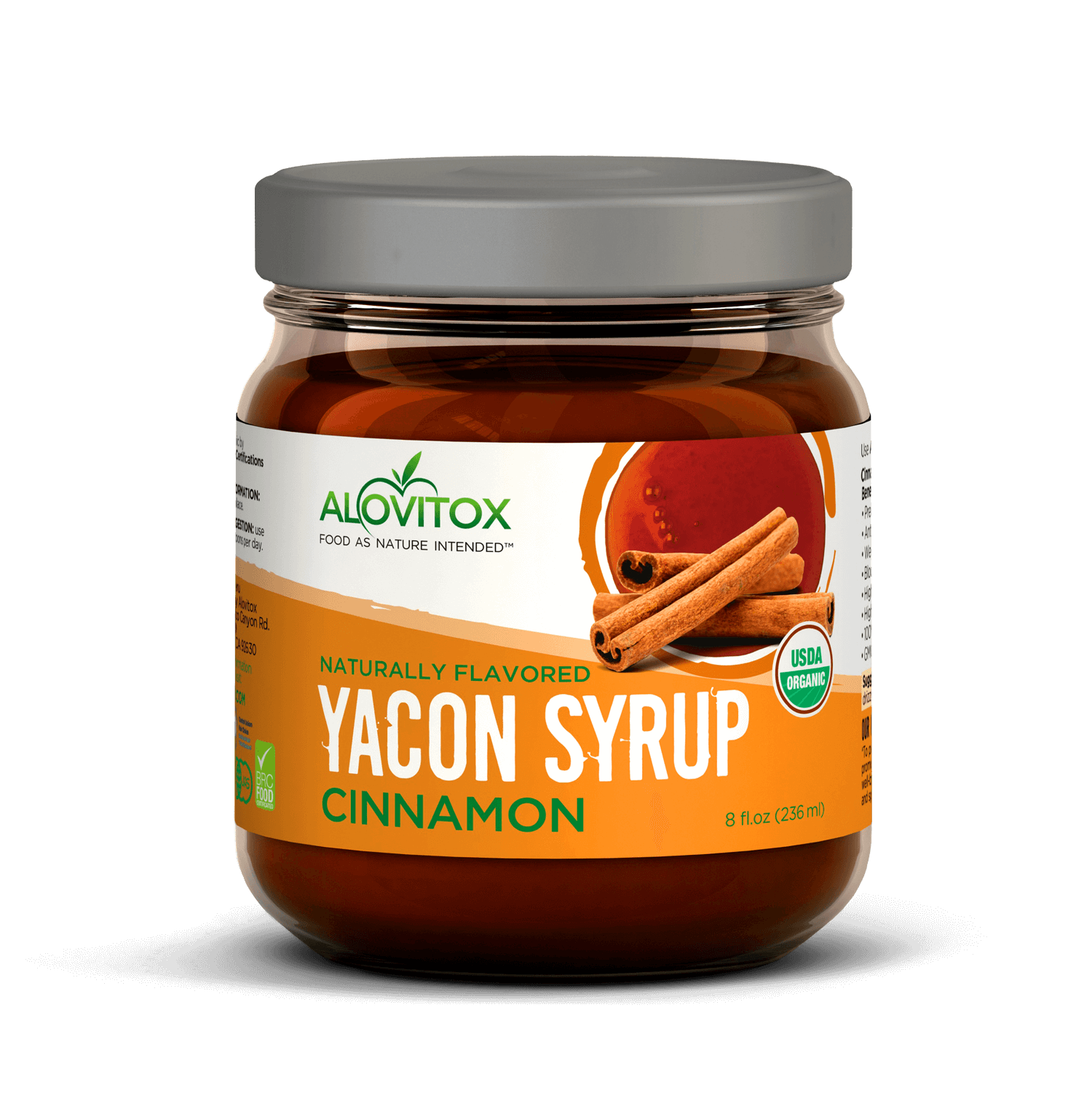
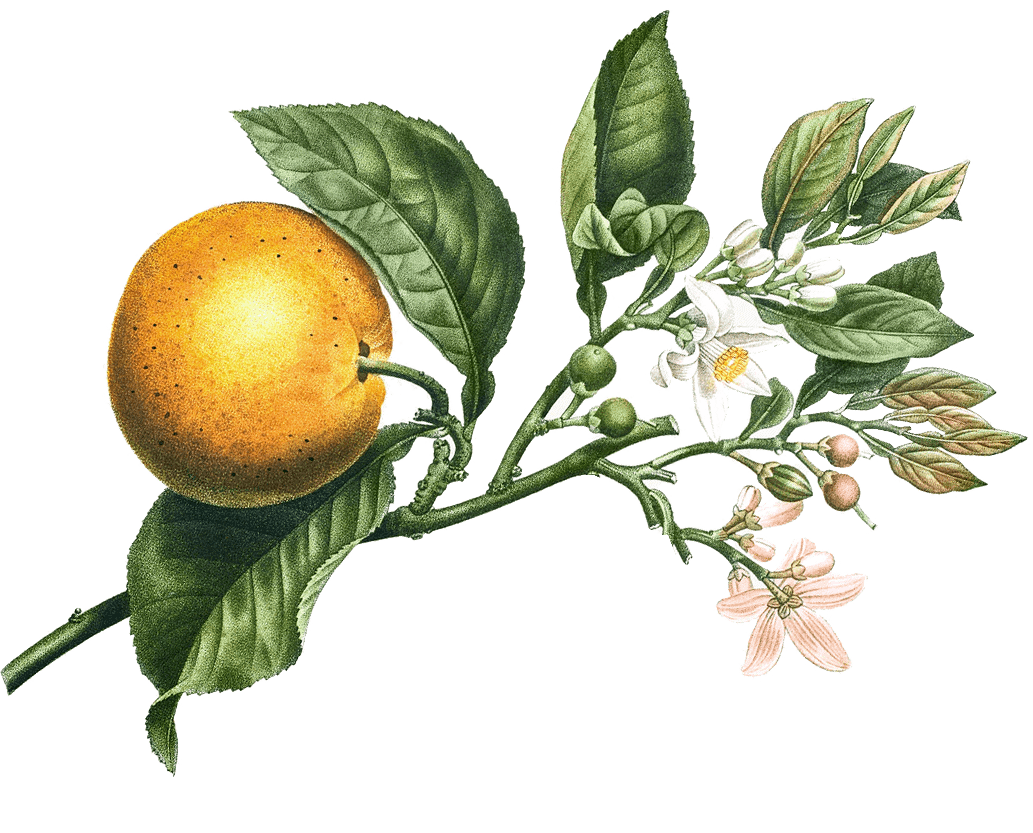
Alovitox offers premium, organic, and sustainable superfoods in the form of raw ingredients and super snacks, that nourish a lifestyle filled with natural well-being and happiness.
349-L Copperfield Blvd
#301 Concord, NC 28025